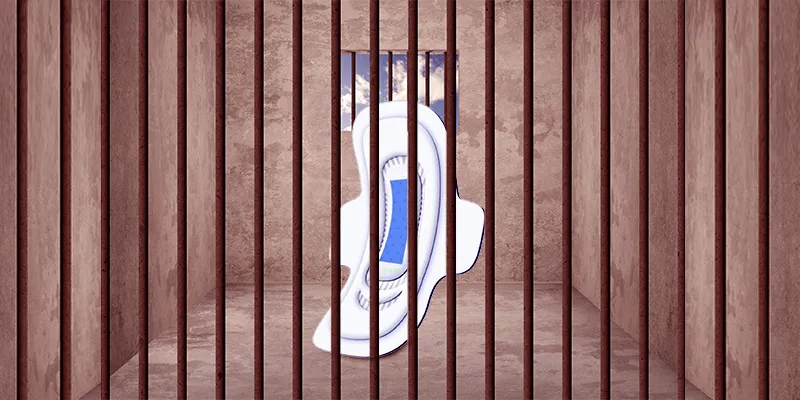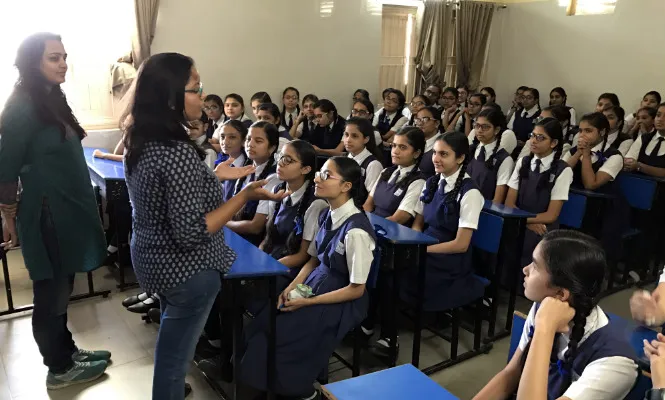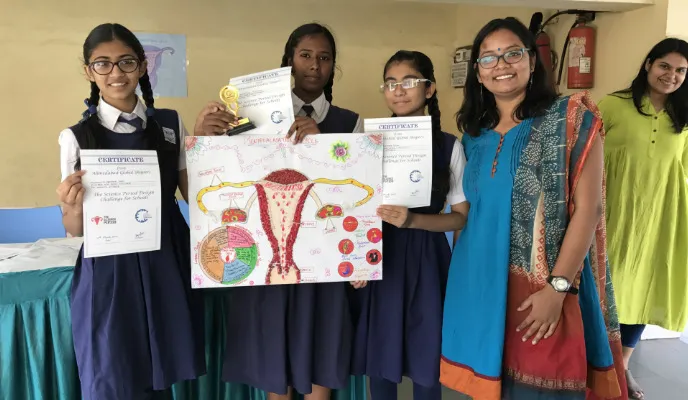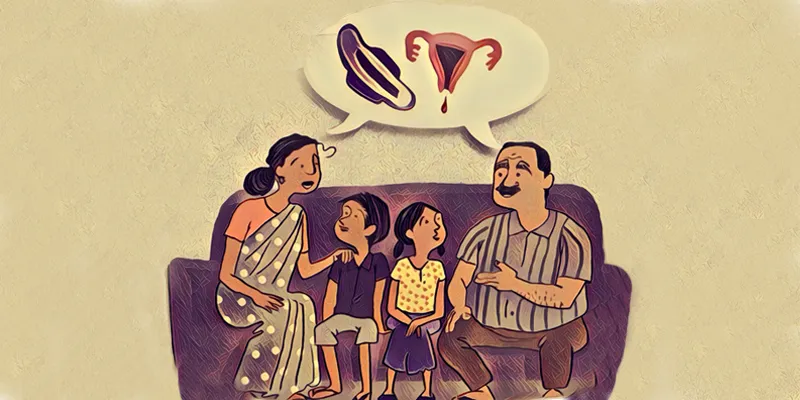How do we change the conversation around menstruation this Menstrual Hygiene Day?
How to tackle the taboos surrounding menstruation.
Menstruation is one subject that still makes most people uncomfortable. This Menstrual Hygiene Day we look at why we do not talk about periods and hesitate to #SayItLoud when it comes to the subject.
Why does it need all the secrecy that surrounds it? What is it about menstruation that makes people uncomfortable and how can we change the conversation around it?
Centuries old baggage
Aditi Gupta, Co-founder of Menstrupedia which educates girls about menstruation through comics says that taboos around menstruation are deep rooted. “For thousands of years, it has been ingrained into our cultural practices.” Because they have been a part of the norm for so long people are often sensitive about showing disrespect.
It has been a part of the cultural baggage for so long, and taboos hence, that it is hard to shake it off and look at it in a different light.

Menstruation is dirty and impure
Across cultures, menstruation is associated with impurity and seen as dirty. Suhani Mohan of Saral Design says,
There is a consistent belief across India that 'period blood is dirty' which then leads to different manifestations across cultures and incomes like not entering the temple and kitchen, hiding menstrual blood stains, embarrassment in talking about periods etc.
So one single belief leads to multiple misconceptions and therein lies the challenge. How do we address these taboos? How do we change the way periods are perceived?
Awareness and education
Education is the best way to break the myths and taboos surrounding menstruation. It is the first step towards changing the present situation.
Suhani says, “It is really important for every girl to have access to sex education and know that period blood is the lining of the uterus, so technically every human has lived in that area before being born. How can a 'foetus' nutrition be dirty? :) We try to use this narrative in most school awareness sessions to break this taboo.”
Another interesting approach is being followed by Menstrupedia which uses comics in different languages to teach and educate young girls about menstruation.
Battling the shame
While teacher often skim through the chapter on reproduction, menstruation is not even taught in school. Since ignorance is the breeding ground of misconceptions, The Ahmedabad Global Shapers started The Science Project to help make the connection between science and the essential biological process that women go through every month.
The Science Period, an initiative by the Global Shapers Community which is an initiative of the World Economic Forum, is a global network of local communities developed and led by young people who are exceptional in their potential, achievements and drive to make a contribution to their communities.
Madhish Parikh, Global Shaper at Ahmedabad Hub and a social entrepreneur says, “since the discussions around menstruation are hushed up this leads to girls being severely unequipped to understand and take ownership of their bodies.”
Their target audience is girls from class 5 to 10 age 10 and above from Govt. to CBSE to State boards schools as this subject needs to be taught everywhere and since the medium of experiments can be understood by the students of all strata.

However, what is more, important is the impact of such an initiative in schools. Madhish shares how when the team enter an auditorium and start talking about menstruation it's usually pin drop silence that greet them since the girls are uncomfortable talking about menstruation.
“We have designed the workshop to ensure that they engage with the content and don’t feel shy in participating. More often than not, towards the end of the workshop, the girls ask us deeply thoughtful and important questions about menstruation, which only goes to indicate how they have been just brushing them under the carpet so far. Of course, that’s not healthy at all,” shares Madhish.

The Science Period has impacted the lives of 400 girls so far. The impact has been amazing and Madhish shares his own experience. He shares, “Not only have we seen these girls clear up their doubts about periods with us, they also actively and enthusiastically participate in a ‘design challenge’ that we run. In this challenge, we invite school girls to create a working model of the uterus which explains the full menstrual cycle. These working models are beautiful, in every sense of the word, because when they walk around with it in school, without being ashamed of it. It feels as though one is witnessing women empowerment live."
He adds: "Once a teacher asked a girl to cover up her uterus-model. However, the same teacher expressed her gratitude, once she had attended one of our workshops. She even shared her ‘period story’ with the students, and thus, we saw some of the shame being lifted from the room.”
Men need education too
Change can happen not just when women are empowered but even when men are. Suhani makes a very relevant point when she says, “It is important to impart sex education to boys. India is a patriarchal society and most buying decisions are taken by head of the family or the husbands. Right knowledge about menstruation in women can help in bringing a change in the attitude of family towards menstruating women.”

Change takes time
The taboos surrounding menstruation are not going to disappear magically or overnight. For that has plagued us for thousands of years will not change in a few years. Despite whatever we do- educate, spread awareness, build products and whatever marketing approach we take, this will take time.
Aditi calls for a joint effort by all stakeholders- from schools and educational houses and organisation to media houses, governments to activists and sanitary napkin manufacturers. “The onus of removing the stigma can’t fall on one partner.”







